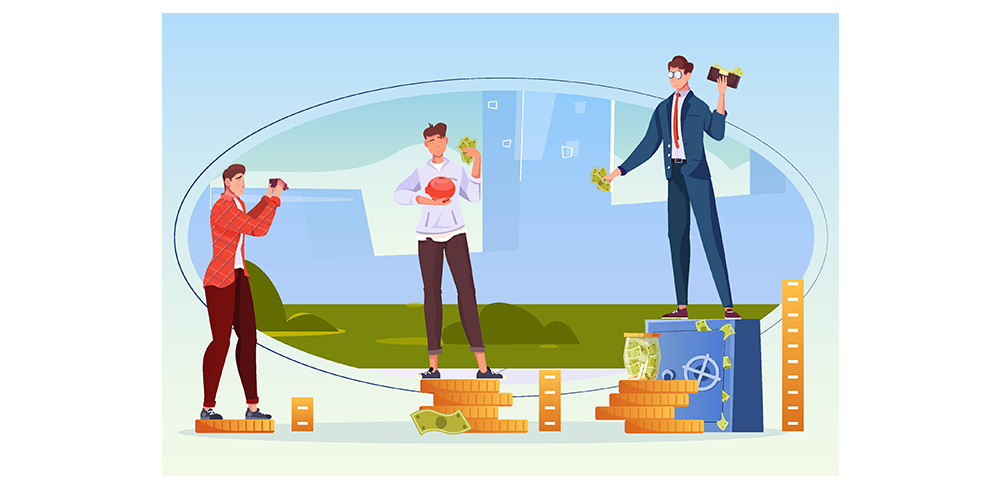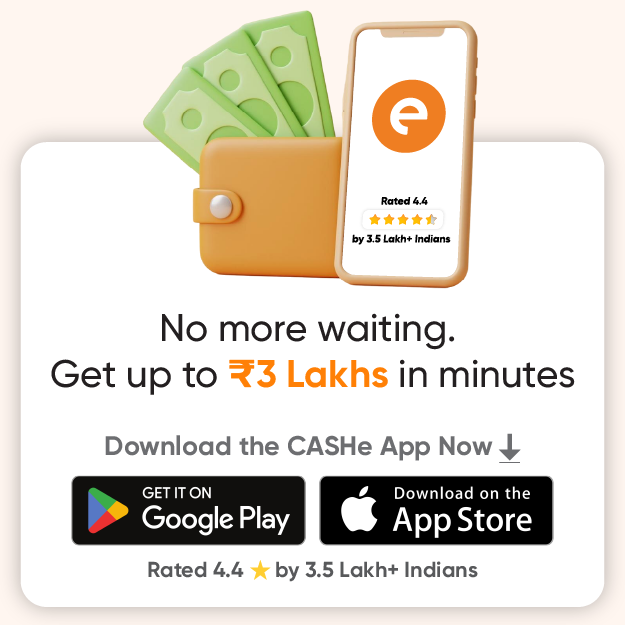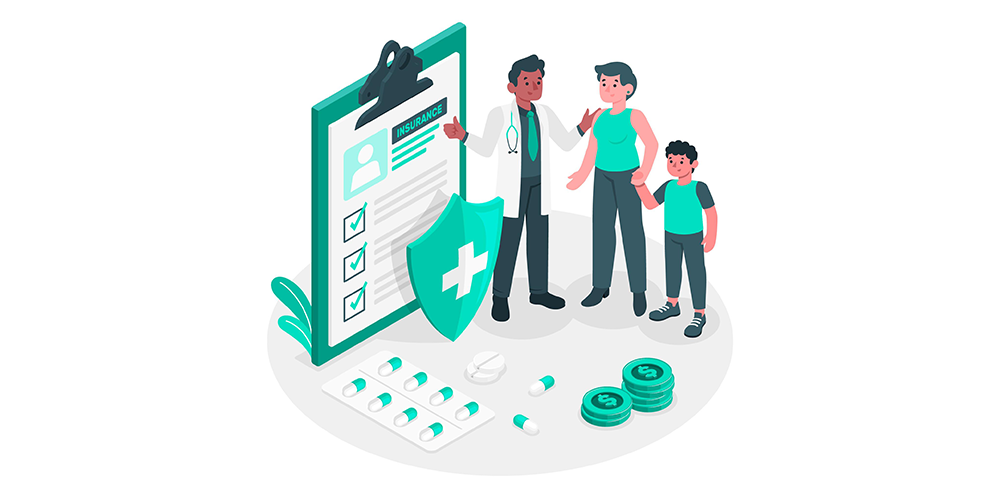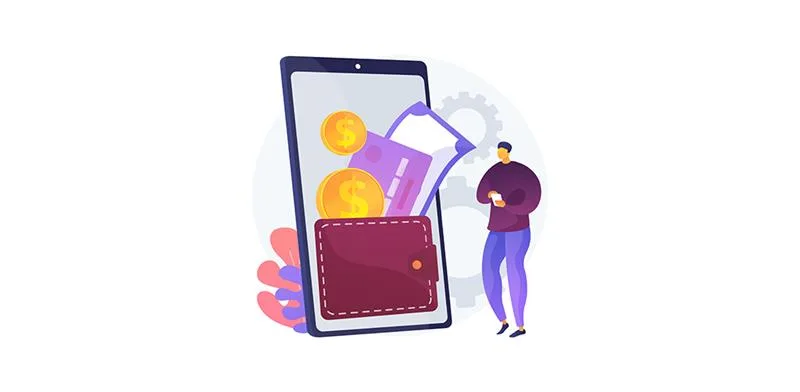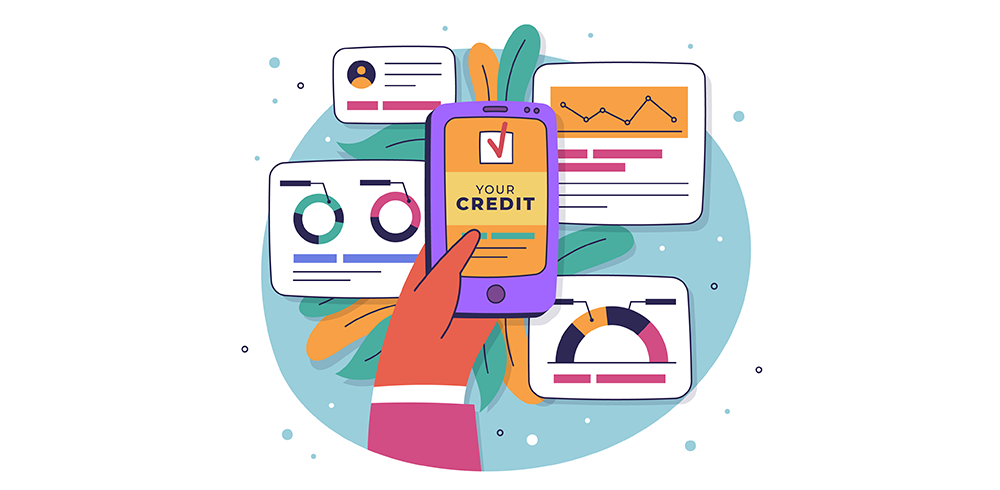If you are in need of urgent cash, then personal loans serve as the best option for you. Personal loans are the financial tool that would help you achieve various goals. Whether you are looking to consolidate debt, buy a car, take care of medical bills, or cover any other unexpected expenses, these loans can help you steer your boat in tough times. Usually, personal loans are unsecured loans, which means you don’t need collateral to avail them.
In this article, we will delve deeper into personal loans and understand what is a personal loan, the types of personal loans, how do personal loans work, and more.
What is a Personal Loan?
A personal loan is a lump sum of money that you borrow from a bank or online lender for your personal use. As mentioned earlier, a personal loan is often unsecured and this means it is not backed by any collateral. Upon approval of your loan, you receive the loan amount upfront and repay it over time with interest, usually in fixed monthly instalments.
Components of a Personal Loan
The major components of a personal loan include:
- Principal: This is the amount of money you borrow. In other words, it is the sum you receive from the lender in your bank account.
- Interest Rate: The interest rate is the cost of borrowing money. It is often determined by factors such as your credit score, income, loan amount, and repayment term.
- Repayment Term: This is the period over which you need to repay the loan.
- Other Charges and Fees: There could be processing fees, late payment fees, or prepayment penalties. These fees can affect the overall cost of the loan.
How Do Personal Loans Work?
To get a personal loan, you need to first apply for it. You can apply for an instant personal loan either by visiting the bank branch or signing up with an online lender. However, you would need to provide personal and financial information to the lender. This may include your income, employment history, credit score, and outstanding debts.
Once you have submitted the documents, the lender evaluates your application and creditworthiness to determine if you qualify for the loan. They would also decide the loan amount, interest rate, and repayment terms based on the assessment.
If approved, the loan amount will be disbursed to your bank account. You can then use the funds for whatever purpose you need. The last step is loan repayment. You repay the loan in fixed monthly instalments over the agreed-upon term.
Example of a Personal Loan
Let’s assume that you borrow ₹50,000 from a lender at an annual interest rate of 15% for a tenure of 1 year. Now, your monthly instalment would be ₹4,513. Your total repayment amount would be ₹54,155, which includes the principal and interest. You can also use an online personal loan EMI calculator to get the estimate of total interest and monthly instalments.
Types of Personal Loans
The major types of personal loans include:
- Unsecured personal loans (you don’t require collateral)
- Secured personal loans (you require collateral)
- Debt consolidation loans
- Home renovation loans
- Medical Loans
- Travel loans
- Wedding Loans
- Emergency Loans
Benefits of Personal Loans
Flexibility
Personal loans can be used for a variety of purposes from consolidating debt to covering unexpected expenses.
No Collateral
Unlike secured loans, personal loans don’t require collateral, and hence, you do not have to risk losing assets.
Fixed Payments
With fixed interest rates and monthly payments, personal loans make it easier for you to budget and plan for repayment.
Lower Interest Rates Than Credit Cards
Depending on your creditworthiness, you may get lower personal loan interest rates in India compared to credit cards.
How Personal Loan Rates are Determined
Personal loan interest rates in India are determined based on various factors such as your credit score, income, employment status, loan amount, and tenure. The lenders assess these factors to check the risk involved in lending to you. If you have a higher credit score and stable income, then you always have the chance of availing lower interest rates.
Common Mistakes When Using a Personal Loan
- Borrowing More Than What Is Required: It is important to borrow only what you need to avoid unnecessary debt.
- Ignoring Interest Rates: Always compare interest rates to get the best deal.
- Missing Out On Payments: Missing loan payments can negatively impact your credit score and attract late fees.
- Not Going Through Terms and Conditions: Make sure to understand all the terms and conditions before signing the loan agreement.
How CASHe Personal Loans Can Help You?
CASHe, one of the top loan companies, offers quick personal loans to meet your financial needs. Apply for an instant personal loan today and enjoy the convenience of the easy online application process. With CASHe, you can get approved for a loan within minutes and receive the funds directly into your bank account. Whether you need to cover medical expenses, plan a vacation, or manage unexpected bills, the CASHe app will help you with an instant personal loan of up to ₹4 Lakh with a competitive interest rate. So, if instant loan approval is what you are looking for, then download the CASHe app right away and avail the best personal loan in India.
Conclusion
So, this was all about personal loans, how personal loans work, and how CASHe can help you secure a small instant loan. Now that you know the advantages of applying with CASHe, why not apply for instant personal loan now?
FAQs
1. What is the difference between a cash advance loan and a personal loan?
A cash advance loan is usually a short-term loan with higher interest rates and is often issued by credit card companies. On the other hand, a personal loan is a longer-term loan with fixed monthly payments and lower interest rates.
2. Can anyone get a personal loan?
No, not everyone is eligible for a personal loan. Loan approval usually depends on factors such as credit score, income and employment status.
3. What are the documents required for a personal loan application?
The basic required documents include an Aadhaar card, PAN card, utility bill, rental agreement, salary slips, bank statements, and recent passport-size photographs.
4. Do personal loans have fees?
Yes, personal loans can have various fees such as processing fees, late payment fees, and prepayment penalties.
5. Are personal loans better than credit cards?
Yes, personal loans can be better than credit cards if you are looking for lower interest rates and fixed repayment terms. However, credit cards offer more flexibility for smaller expenses.

